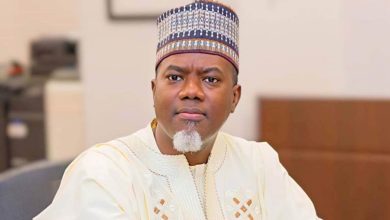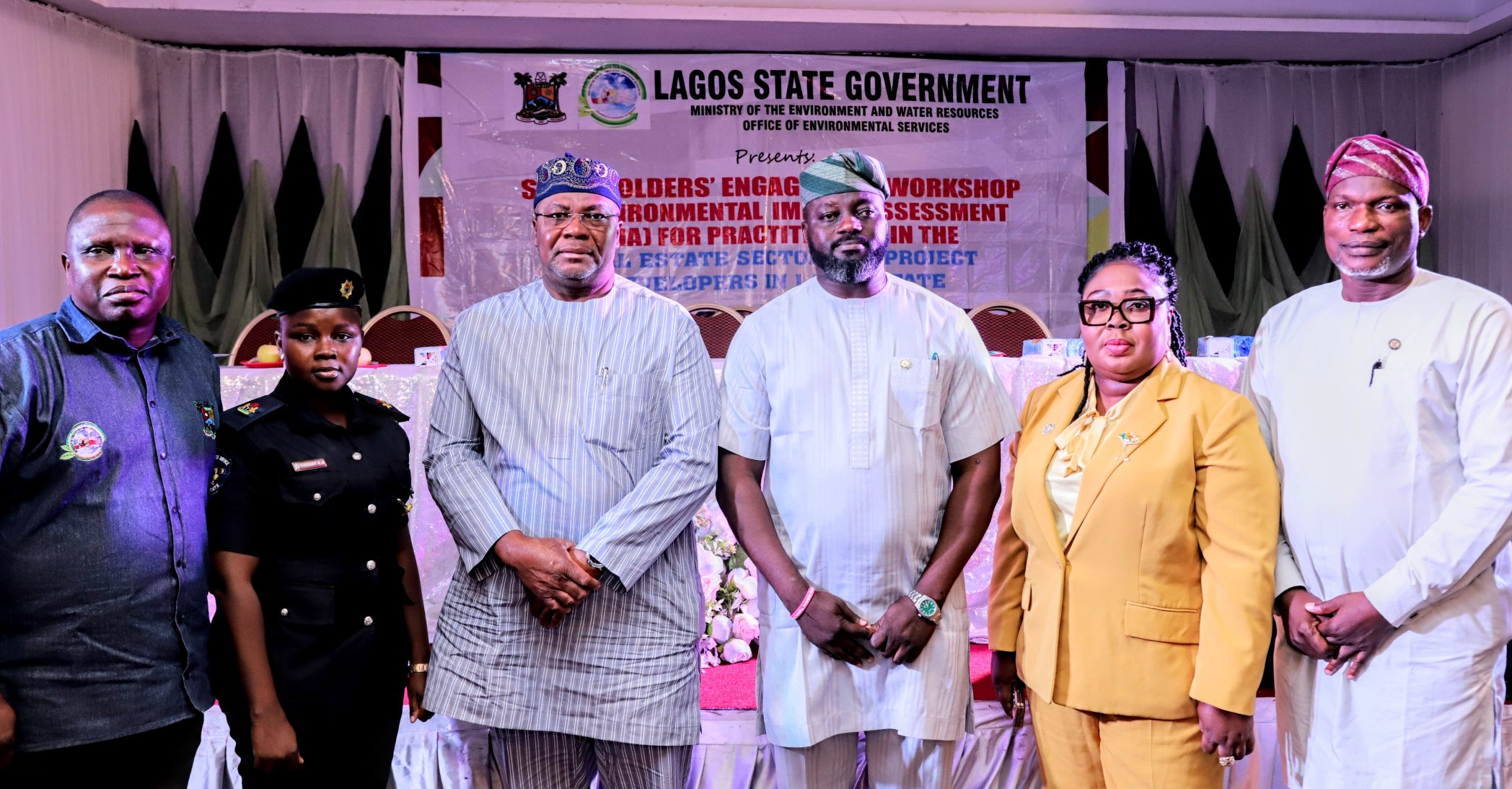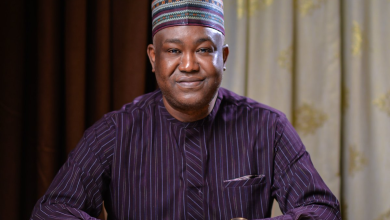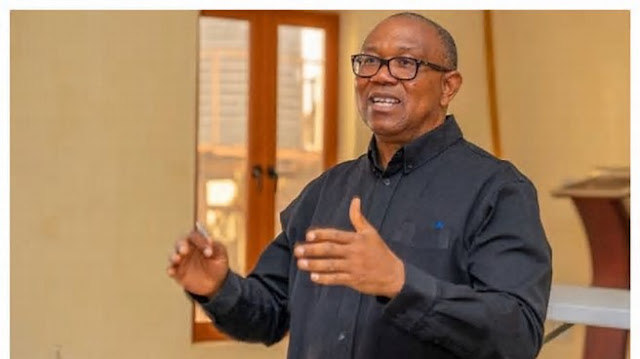In a recent statement, Reno Omokri, a prominent Nigerian socio-political commentator and former aide to ex-President Goodluck Jonathan, has sparked a fresh wave of political discourse by asserting that Peter Obi, the Labour Party’s 2023 presidential candidate, lacks a concrete plan for Nigerians ahead of the 2027 general elections. Omokri, known for his outspoken critiques and social media activism, claimed that Obi’s political strategy revolves primarily around criticizing President Bola Tinubu’s administration rather than presenting a substantive vision for Nigeria’s future. This accusation has reignited debates about Obi’s political trajectory, his leadership style, and the broader dynamics of Nigeria’s evolving political landscape as the nation prepares for the next election cycle.
Background: Peter Obi and the 2023 Elections
Peter Obi, a former governor of Anambra State, emerged as a formidable political figure during the 2023 Nigerian presidential election. Running under the Labour Party, a relatively minor political platform compared to the dominant All Progressives Congress (APC) and Peoples Democratic Party (PDP), Obi galvanized a significant portion of the Nigerian electorate, particularly young voters and urban demographics. His campaign, anchored on a message of frugality, competence, and a departure from the status quo, resonated with millions frustrated by Nigeria’s persistent challenges, including economic stagnation, insecurity, and corruption.
Obi’s rise was fueled by a grassroots movement, often referred to as the “Obidient” movement, which leveraged social media to amplify his message. His campaign emphasized accountability, economic reform, and a focus on human capital development, drawing from his record as a two-term governor who left a legacy of fiscal discipline in Anambra. However, despite his strong showing, Obi came third in the presidential race, trailing behind President Bola Tinubu of the APC and Atiku Abubakar of the PDP. The election results were contentious, with Obi and his supporters alleging electoral irregularities, a claim that led to legal challenges at the election tribunal and the Supreme Court, both of which upheld Tinubu’s victory.
Since the 2023 elections, Obi has remained a vocal figure, frequently commenting on national issues, including economic policies, security challenges, and governance. His critiques of the Tinubu administration have been sharp, often focusing on issues like fuel subsidy removal, rising inflation, and the handling of Nigeria’s economic reforms. These criticisms have kept him in the public eye, positioning him as a potential frontrunner for the 2027 presidential race. However, Reno Omokri’s recent remarks have cast a spotlight on the substance of Obi’s political strategy, questioning whether his focus on criticism overshadows the articulation of a clear governance blueprint.
Omokri’s Critique: A Lack of Vision?
Reno Omokri’s comments, made via his verified social media platforms, have stirred significant attention. In his statement, Omokri argued that Peter Obi’s political approach lacks depth and is overly reliant on pointing out the shortcomings of the current administration. “Peter Obi has no plan for Nigerians,” Omokri stated, adding that “his only strategy is to criticize Tinubu.” According to Omokri, Obi’s rhetoric, while appealing to his base, fails to offer a detailed roadmap for addressing Nigeria’s multifaceted challenges, such as economic diversification, unemployment, and insecurity.
Omokri, a vocal supporter of the PDP and a critic of both the APC and Obi’s Labour Party, suggested that Obi’s popularity stems more from his ability to tap into public discontent rather than from a well-defined policy agenda. He contrasted Obi’s approach with that of other political figures who, in his view, have presented more comprehensive plans for Nigeria’s development. Omokri’s remarks also implied that Obi’s criticisms of Tinubu are opportunistic, aimed at maintaining relevance rather than contributing constructively to national discourse.
To substantiate his claims, Omokri pointed to Obi’s public statements, which he described as repetitive and lacking in actionable proposals. He challenged Obi to outline specific policies on critical issues like job creation, infrastructure development, and national security, arguing that Nigerians deserve more than rhetoric from a potential 2027 candidate. Omokri’s critique is not entirely new; during the 2023 campaign, some analysts questioned whether Obi’s manifesto, while aspirational, was sufficiently detailed to address Nigeria’s complex socio-economic problems.
Analyzing Obi’s Political Strategy
To evaluate Omokri’s accusations, it is essential to examine Peter Obi’s political strategy since the 2023 elections. Obi has maintained a high level of visibility through public appearances, media engagements, and social media activity. His critiques of the Tinubu administration have focused on policies that have directly impacted Nigerians, such as the removal of fuel subsidies, which led to a sharp increase in fuel prices and living costs. Obi has argued that the government’s approach to economic reforms lacks empathy and fails to prioritize the welfare of ordinary citizens.
For instance, in response to the fuel subsidy removal, Obi called for a phased approach that would cushion the impact on vulnerable populations. He has also criticized the government’s handling of insecurity, particularly the resurgence of banditry and kidnapping in northern Nigeria, and the rising cost of food, which has exacerbated poverty levels. These positions have resonated with many Nigerians, particularly those who feel marginalized by the current economic policies.
However, Omokri’s critique raises a valid question: does Obi’s focus on highlighting government failures come at the expense of articulating a comprehensive alternative vision? During the 2023 campaign, Obi’s manifesto, titled “Our Pact with Nigerians,” outlined broad goals, including economic transformation, security reform, and investment in education and healthcare. Critics, however, noted that while the manifesto was ambitious, it lacked granular details on implementation, funding, and timelines. Since the election, Obi has not released a new policy document or detailed plan for 2027, leading some to argue that his current approach is reactive rather than proactive.
On the other hand, Obi’s supporters argue that his criticisms are not merely oppositional but reflect a broader vision of accountability and good governance. They contend that Obi’s focus on highlighting government missteps is a necessary part of holding leaders accountable in a democracy. Moreover, they point to his record as Anambra governor, where he implemented reforms in education, healthcare, and infrastructure while maintaining fiscal discipline, as evidence of his capacity to govern effectively.
The Broader Political Context
Omokri’s remarks must also be viewed within the context of Nigeria’s highly polarized political landscape. As the 2027 elections approach, political actors are positioning themselves to shape public opinion and consolidate their bases. Omokri, a known PDP loyalist, has been critical of both the APC and the Labour Party, often framing his critiques as a defense of pragmatic governance. His comments about Obi may reflect a broader strategy to undermine the Labour Party’s growing influence, particularly among younger voters who have gravitated toward Obi’s message.
The PDP, which Omokri supports, is grappling with its own challenges, including internal divisions and the need to rebuild its national appeal after losing the 2023 presidential election. By questioning Obi’s credentials, Omokri may be attempting to reposition the PDP as the primary alternative to the APC, framing Obi as a populist without substance. This tactic is not uncommon in Nigerian politics, where personal attacks and critiques of opponents’ strategies are often used to sway public opinion.
Meanwhile, the APC, led by President Tinubu, is focused on consolidating power and implementing its economic reform agenda, which includes initiatives like the Compressed Natural Gas (CNG) project and infrastructure development. The administration has faced significant criticism for the immediate hardships caused by its policies, particularly the fuel subsidy removal and naira floatation, which have driven inflation and weakened purchasing power. In this context, Obi’s criticisms align with the sentiments of many Nigerians, but they also open him up to accusations of lacking constructive alternatives.
Obi’s Record and Potential 2027 Strategy
To assess whether Omokri’s claims hold water, it is worth examining Peter Obi’s record and what his 2027 strategy might entail. As governor of Anambra State from 2006 to 2014, Obi earned a reputation for fiscal prudence, leaving a significant surplus in the state’s coffers and reducing debt. His administration invested heavily in education, upgrading schools and supporting teacher training, and in healthcare, where he facilitated the establishment of new medical facilities. Obi also prioritized infrastructure, including road construction, and promoted transparency by publishing the state’s financial records.
These achievements have been central to Obi’s appeal, positioning him as a leader who can deliver results. However, governing a state is vastly different from leading a nation with diverse ethnic, religious, and economic complexities. Critics, including Omokri, argue that Obi has yet to demonstrate how his Anambra model can be scaled nationally, particularly in addressing issues like oil dependency, federal-state relations, and national security.
For 2027, Obi’s strategy will likely build on his 2023 campaign themes while addressing criticisms about his lack of specificity. He may focus on developing a more detailed policy framework, possibly through public consultations or policy papers, to counter accusations of being a mere critic. Engaging with key stakeholders, including traditional rulers, business leaders, and civil society, could also help him broaden his appeal beyond his current base. Additionally, Obi will need to navigate the Labour Party’s internal dynamics and build alliances to strengthen his electoral chances.
The Role of Social Media and Public Perception
Social media has been a double-edged sword for Peter Obi. On one hand, it has amplified his message, allowing him to connect directly with millions of Nigerians, particularly the youth. The “Obidient” movement, driven by social media, has created a loyal and passionate base that continues to defend Obi against critics like Omokri. On the other hand, social media exposes Obi to intense scrutiny, with opponents like Omokri using platforms like X to challenge his credibility and amplify their critiques.
Omokri’s comments, for instance, were made on X, where they quickly gained traction, sparking debates among users. Some agreed with Omokri, arguing that Obi’s criticisms lack constructive solutions, while others accused Omokri of bias, noting his history of supporting the PDP and criticizing Obi. This exchange highlights the growing influence of social media in shaping political narratives in Nigeria, where platforms like X have become battlegrounds for ideological and partisan contests.
Conclusion: A Call for Substance in 2027
Reno Omokri’s assertion that Peter Obi lacks a plan for Nigerians and focuses solely on criticizing President Tinubu has added fuel to the ongoing debate about Obi’s political future. While Obi’s critiques of the current administration resonate with many Nigerians grappling with economic hardships, Omokri’s challenge underscores the need for opposition figures to offer clear, actionable alternatives. As Nigeria approaches the 2027 elections, voters will likely demand more than rhetoric from candidates, including Obi, who must balance his role as a critic with the articulation of a compelling vision for the country.
Obi’s supporters argue that his track record and commitment to accountability make him a credible candidate, but he will need to address concerns about the specificity of his plans to maintain momentum. Meanwhile, Omokri’s comments reflect the competitive nature of Nigerian politics, where narratives are shaped not only by policy proposals but also by strategic critiques aimed at undermining opponents. As the political landscape evolves, the onus is on all contenders, including Obi, to present a vision that addresses Nigeria’s pressing challenges while inspiring hope for a better future.






